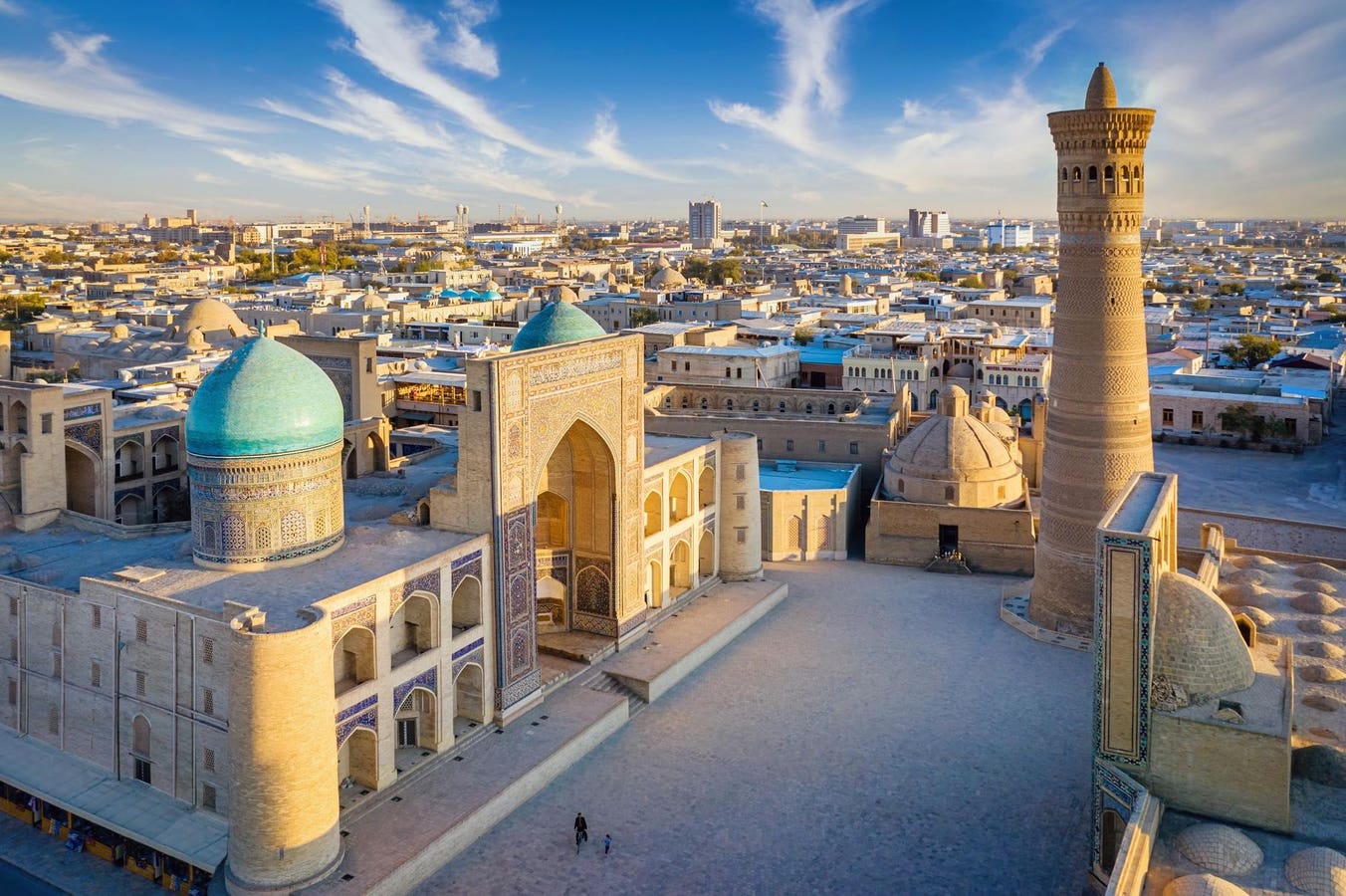Djasur Djumaev is the CEO and founder of Uzum.
Though it rarely makes international headlines, Uzbekistan is a country undergoing a transformation. It’s a quiet, modest transformation, but it is nonetheless an exciting one. Ambitious economic reforms, including a sweeping privatization process, are well underway. These shifts, combined with a young and tech-literate workforce, are catching the eye of international investors, and Uzbekistan’s economy has already benefited from rapid diversification as FDI flows into fintech, IT and digital services, not to mention sectors like green energy and high-value manufacturing.
Uzbekistan’s status as a hub for international investmeWhy Uzbekistan Is the Next Big Investment Story—And How Digital Is Leading The Waynt is recent, but its underlying causes are consistent and unmistakable. Recording economic growth of almost 6% a year, and with a population dominated by digitally native young people (60% of Uzbeks are under 30), it’s no surprise the country is making waves. Add to these factors a 100% literacy rate, sound trade and industrial infrastructure, as well as stable administrative and governmental institutions, and you have a pretty compelling proposition.
And the reform program is not merely rhetorical—significant progress has already been made. Uzbekistan is making significant progress toward World Trade Organization accession (a game changer for its international trade aspirations), and its digital economy, underpinned by compelling tax and regulatory incentives, is achieving exponential growth.
What’s more, investor confidence has been further cemented by the Tashkent International Arbitration Centre (TIAC), which guarantees impartial and neutral dispute resolution services to corporate and investor interests in the country. In 2023, IT Park Uzbekistan reported exports of $280 million. The United States accounted for 78% of these exports, highlighting the country’s expanding reach in global IT markets.
The distribution of IT service exports has diversified significantly. While in 2022, 78% of exports were directed to the United States, by 2023, the allocation shifted to: North America: 43%; EU and the United Kingdom: 37%; Singapore: 6%; and Gulf Countries: 4%. By the end of 2023, the number of residents in the Uzbek IT Park reached 1,598, including 411 with foreign capital. Launched in December 2024, IT Park Ventures is a $10 million capital fund supporting early-stage tech startups in Uzbekistan. The fund provides seed funding, growth capital and access to a network of industry mentors and investors. And these are just a few of the many factors that demonstrate Uzbekistan’s emergence as an IT hub and the growing influence it holds within the international tech community.
But Uzbekistan is benefiting from another trend: I believe the country has been able to digitalize far quicker and more comprehensively than other societies. In all sorts of verticals, from e-commerce and fintech to communications, Uzbekistan has leapfrogged peers and more established economies with its widespread adoption of, and innovation in, mobile-first services. As of early 2025, Uzbekistan had 33.9 million mobile connections—the equivalent to 92.2% of the population. Internet penetration stood at 89%, with 32.7 million users.
This digital culture has been further enhanced by the government’s welcoming attitude to tech investors and entrepreneurs. Residents of the Tashkent IT Park (Central Asia’s largest IT hub) are exempt from corporate tax, as well as a range of personal taxes and VAT, not to mention exemptions from customs duties.
This thriving tech scene is already benefiting ordinary citizens, as millions of Uzbeks (92% of whom have mobile connections) enjoy expanded access to finance, commerce and services via their devices.
As the founder and CEO of Uzum (a homegrown technology company located here in Tashkent), I’ve seen this potential up close. Launched in 2022, Uzum was born out of a belief that Uzbekistan could build a world-class digital ecosystem from the ground up. Just two years later, we reached a $1.16 billion valuation. Today, Uzum has almost 16 million monthly users—around half of Uzbekistan’s population—and processed $6.5 billion in payment volume. We also serve 44% of the country’s “buy now, pay later” market. Uzum is not only a symbol of Uzbekistan’s digital ambitions but a product of them, enabled by reforms, infrastructure and a population hungry for innovation.
Uzbekistan is achieving things in its digital economy that few could have predicted even five years ago. And with positive macro-economic trends compounding its demographic advantages, and complementing a culture that values and rewards digital innovation and enterprise, investors are standing up and taking notice. But as significant as Uzbekistan’s digital economy has become, and as encouraging as the milestones we have already reached may be, there are still countless untapped opportunities and sectors of the market to penetrate.
Uzbekistan is open for business. This is an ancient civilization that traces its mercantile roots to the Silk Road and early innovators such as Al-Khwarizmi, the “father” of modern algebra. As the country’s economy transforms, the opportunities will only multiply. Quite simply, the earlier investors participate in this extraordinary country’s transformation, the greater the rewards will be.
Forbes Technology Council is an invitation-only community for world-class CIOs, CTOs and technology executives. Do I qualify?

